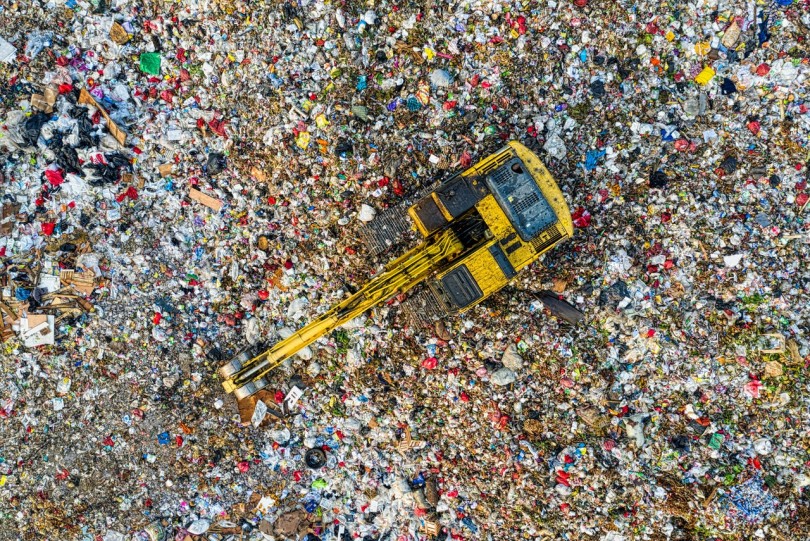How is the UAE encouraging people to rethink DESALINATION?
15 Apr 24
Enviro ChatThe Global News Source for the World of Science and Chemicals
12 September 2021
Enviro Chat
The Emirati city of Dubai is looking to move away from its overreliance on landfill towards more sustainable methods of waste disposal. To this end, Dubai Municipality has launched a dedicated environmental strategy aimed at increasing rates of recycling, complying with international best practices and curbing the volume of waste that is sent to landfill.
At present, that constitutes some 75% of all waste generated across the country. By 2030, the UAE government has instituted a target of achieving net-zero waste – an ambitious objective by any reckoning. However, the recently published strategy will seek to make inroads on that goal by implementing a number of measures with which businesses, government institutions and private individuals are expected to comply to boost the country’s environmental performance.
The UAE generates an estimated 6.5 million tonnes of waste on an annual basis. With around three-quarters of that amount not currently being recycled or disposed of via other methods, that means the country sends over 4.8 million tonnes to landfill each year. That’s enough to create over 10 Burj Khalifas from rubbish!
In Dubai, those landfills are located at six different sites across the emirate, covering a cumulative 1.6 million square metres. As well as being an unsustainable means of disposing of waste in the long term, they’re also responsible for a significant amount of pollution in the short term. Air, soil and water contamination are all caused by landfills, while they can also result in noise and odour pollution, too.
As the population of the UAE continues to expand and its economy continues to prosper, the amount of waste it generates will grow in tandem. Indeed, some estimates predict that the area given over to landfill will need to increase more than threefold to 5.8 million square miles within the next 20 years if remedial measures are not put in place.
With that in mind, the Dubai Municipality has chosen to act decisively now to address the problem. The environmental strategy encourages all producers of waste – regardless of the size of their business or the industry they operate in – to separate their recyclables and send these to the relevant processing plants.
The system is set to be made sustainable by passing most of the operational costs of the recycling facilities onto the producers of the waste materials themselves. The Municipality says it plans to work closely with all relevant stakeholders to promote education, provide support and forge a culture of waste efficiency.
Other measures included in the strategy include the introduction of colour-coded recycling bins for both commercial and domestic properties, which should increase the proportion of waste that is recycled in the country. Meanwhile, everyday citizens are being encouraged to use refillable water bottles rather than single-use plastic bottles in a bid to address the country’s rampant plastic pollution problem.
DOWNLOAD PDF

2 Day Seminar Program
@ ArabLab+ 2024
24 & 25 September 2024
Your stay in Dubai
Labkit
Product News
Chemkit
Product News
Thinking about exhibiting at ARABLAB 2024? Watch our video to find out more.
Join the world’s leading organisations…
Join our mailing list and receive the ARABLAB newsletter and event updates.